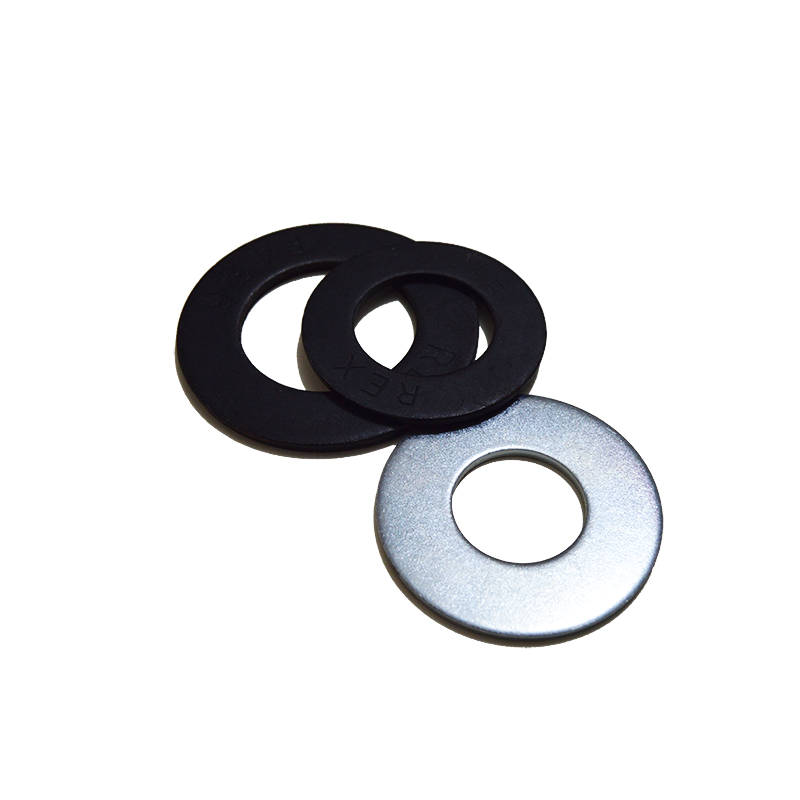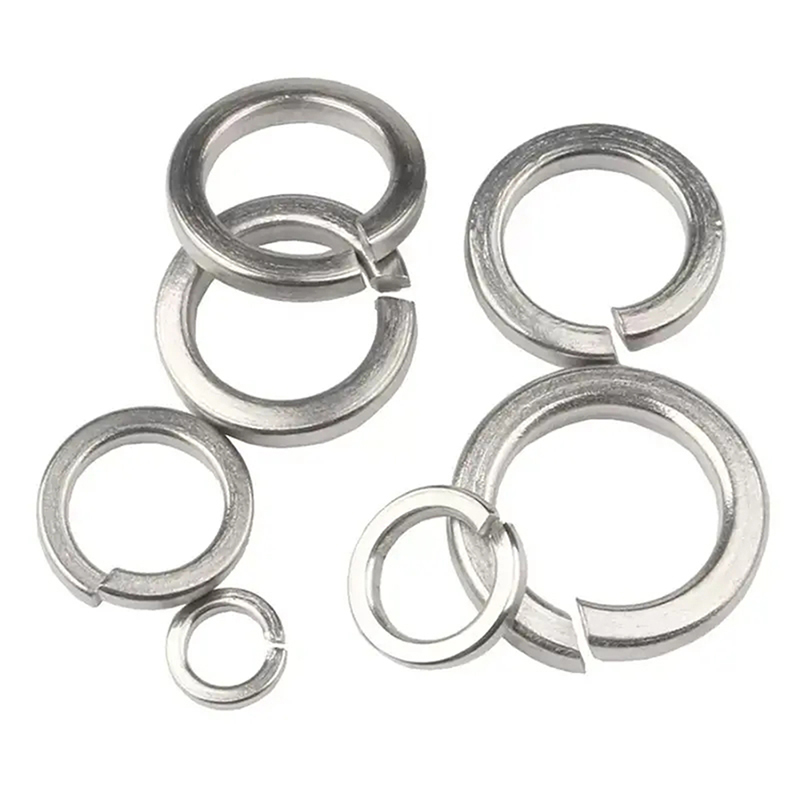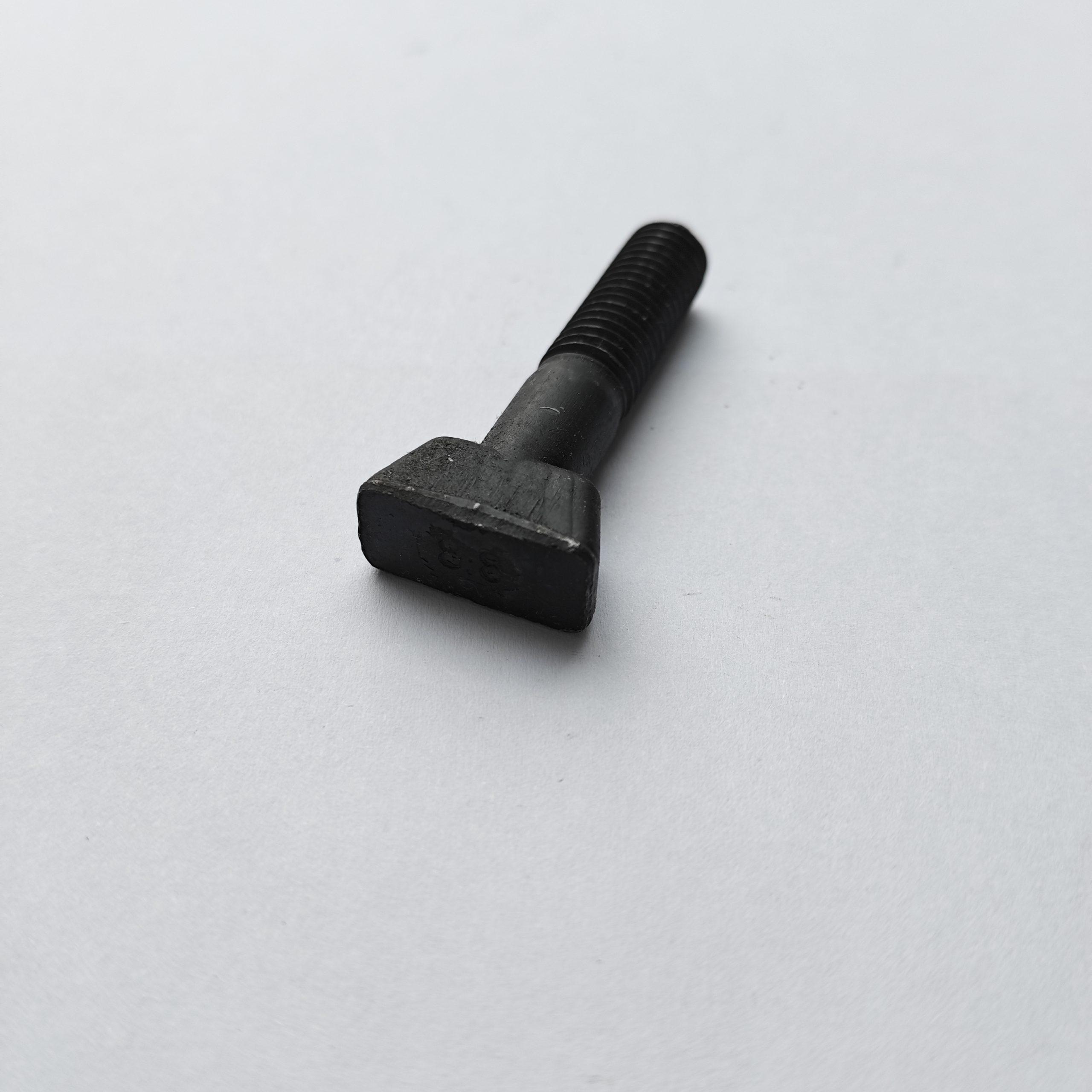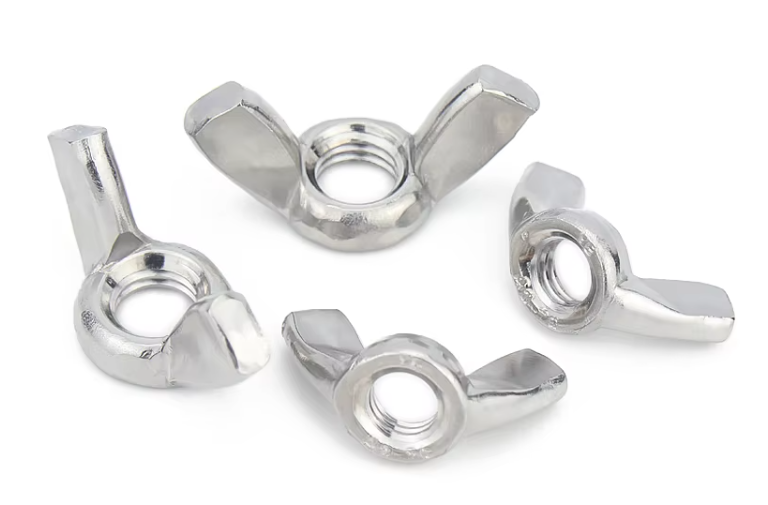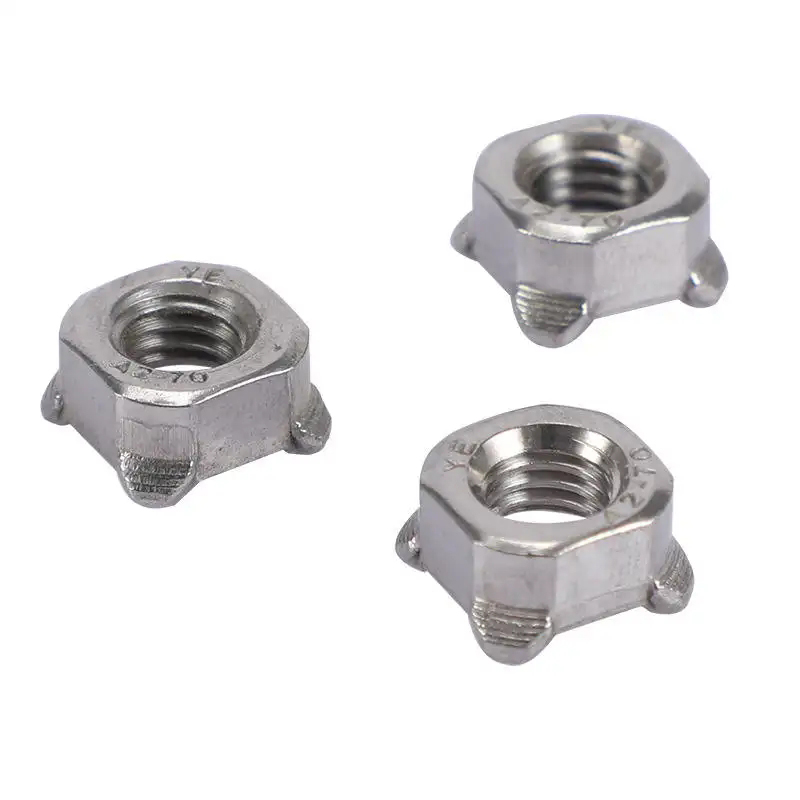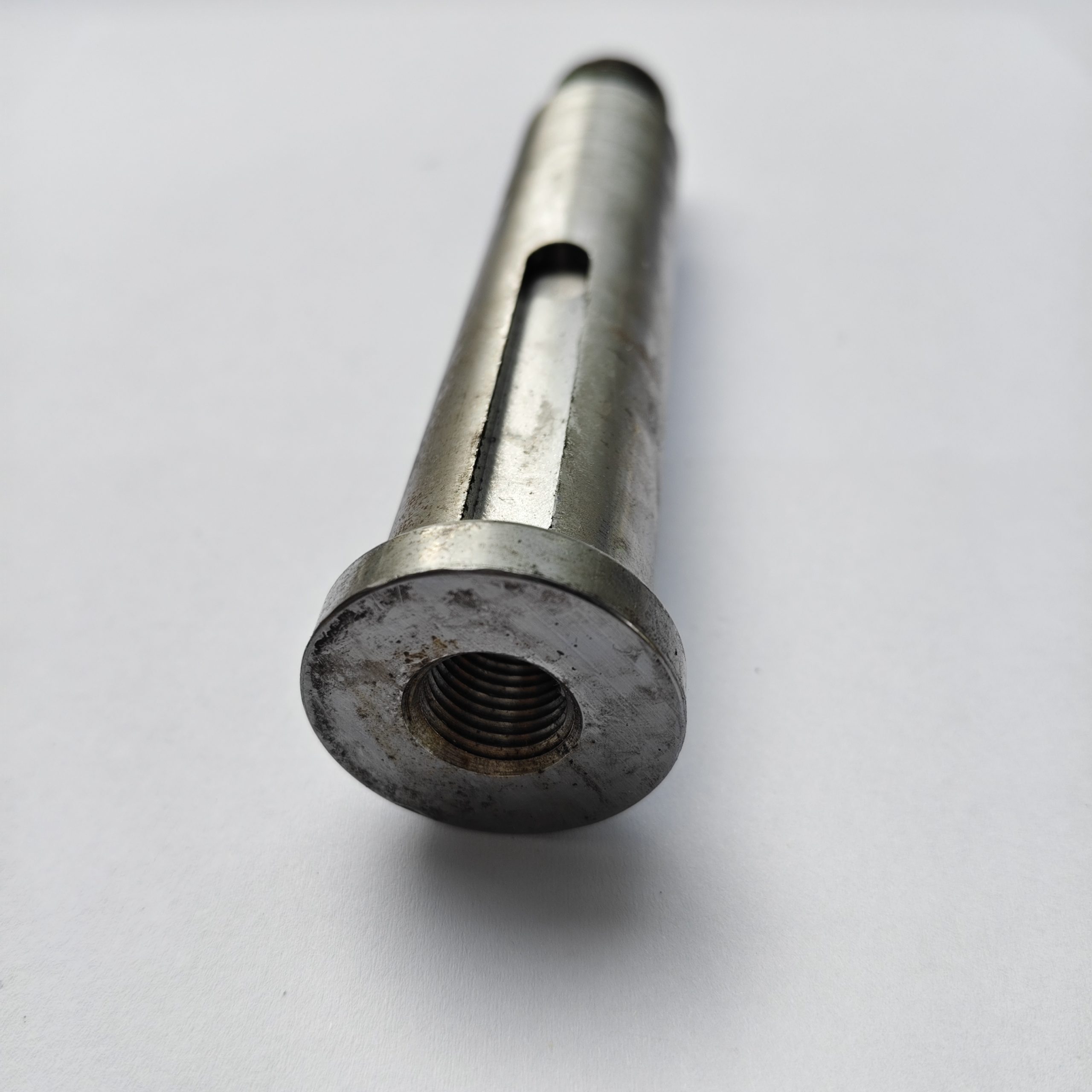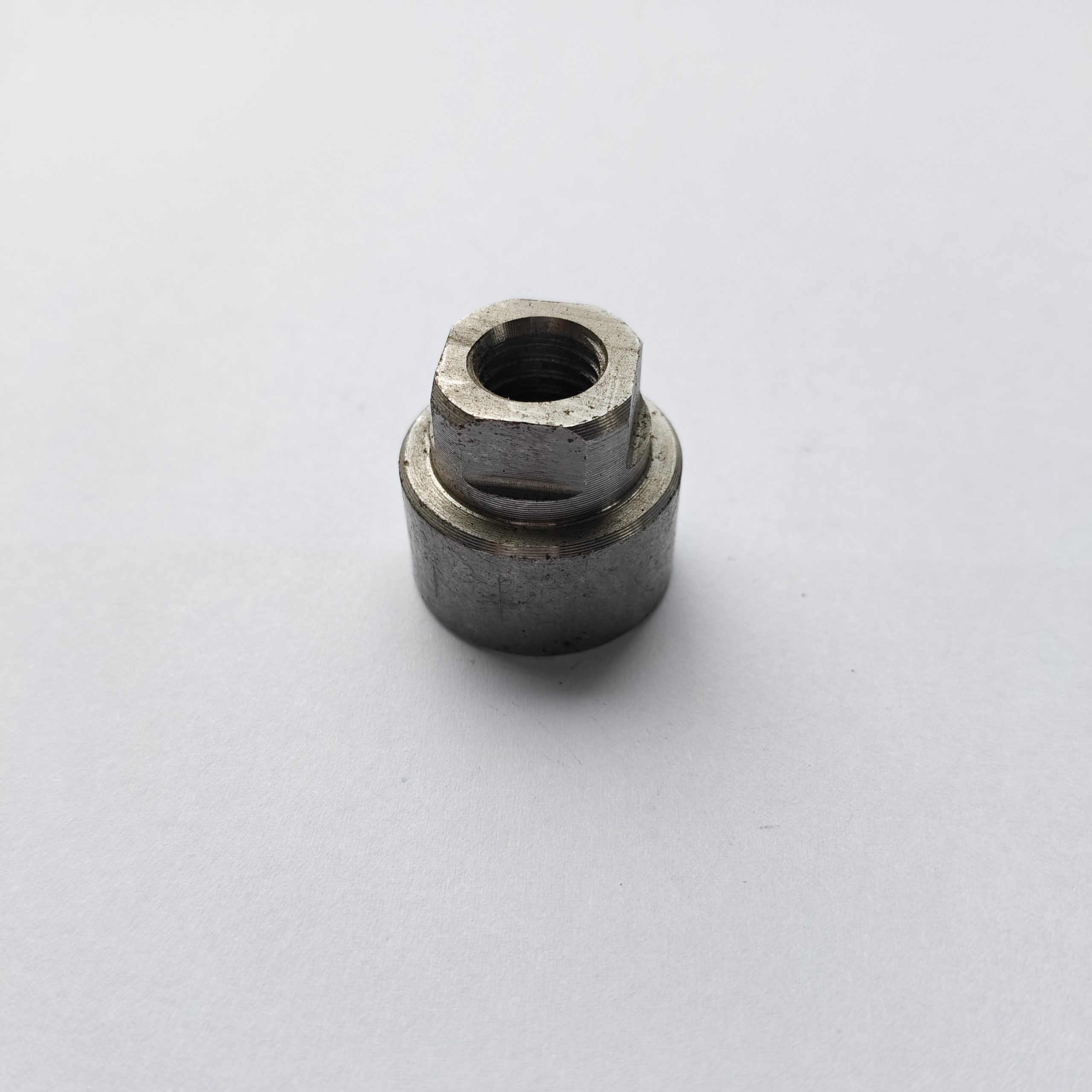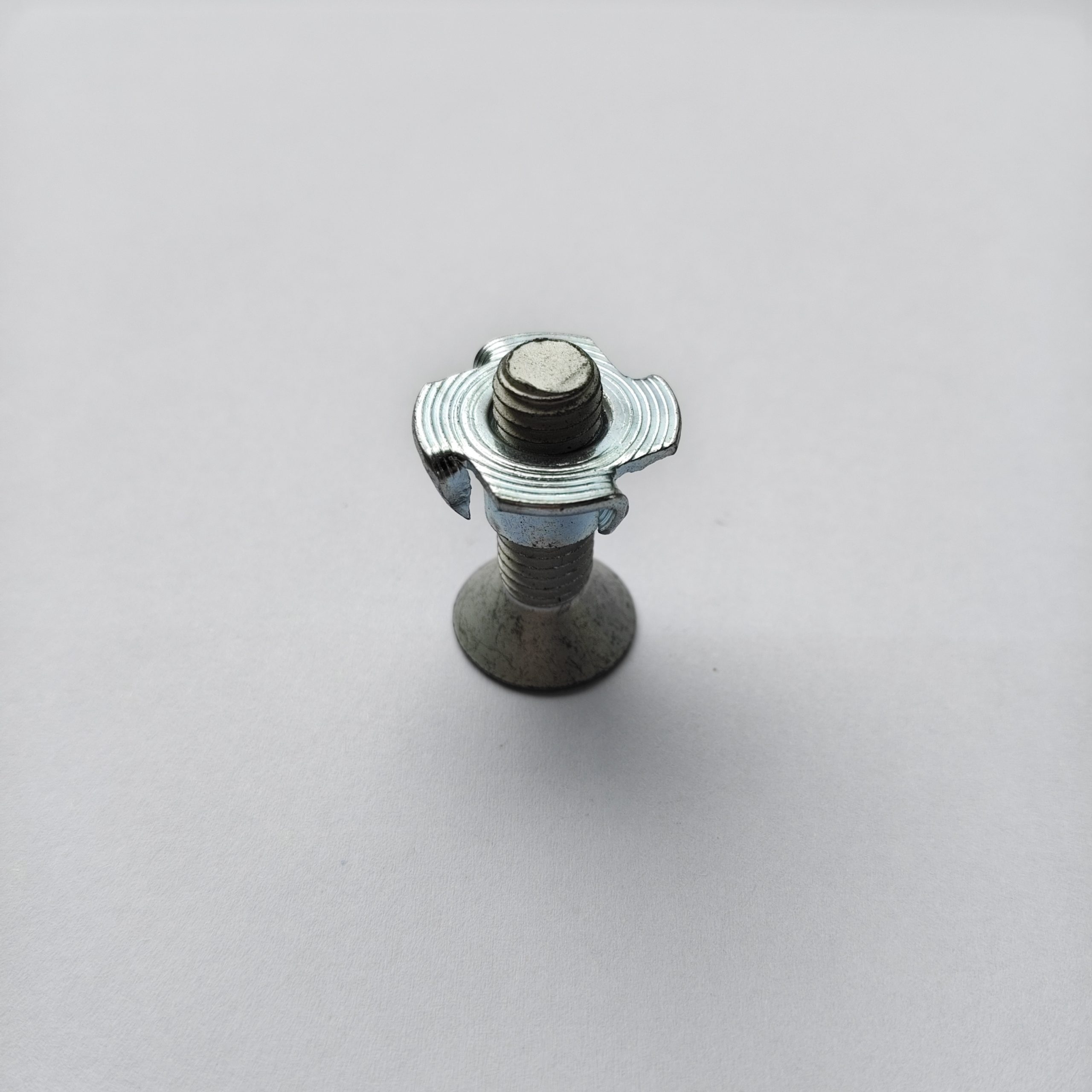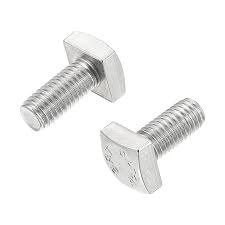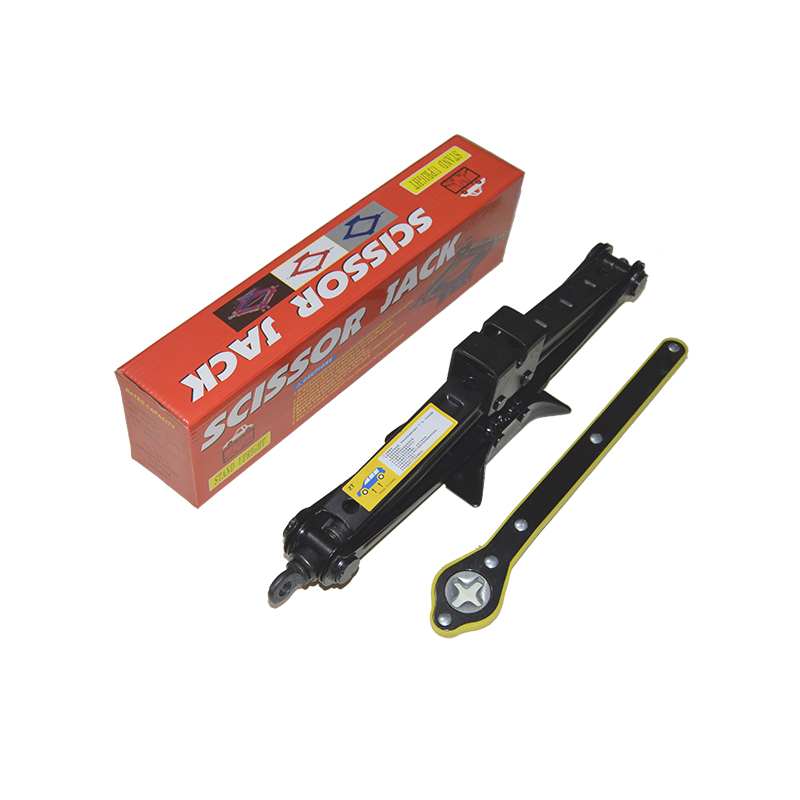

This guide provides a comprehensive overview of choosing the right m8 rivet nut manufacturer, covering key considerations, material types, applications, and quality control. We'll explore factors to ensure you find a reliable supplier who meets your specific needs and project requirements. Learn how to select the best m8 rivet nut for your application and navigate the complexities of sourcing these crucial fasteners.
M8 rivet nuts, also known as rivet inserts or self-clinching nuts, are threaded fasteners installed using a specialized tool. They create strong internal threads in thin materials, eliminating the need for welding or larger through-holes. The M8 designation refers to the metric thread size, indicating an 8mm diameter. These versatile fasteners are widely used across diverse industries due to their strength and ease of installation. The choice of material greatly affects the application suitability.
M8 rivet nuts are typically manufactured from various materials, each with unique properties: Steel, Stainless Steel, Aluminum, and Brass. The selection depends on the application's specific demands. For example, steel m8 rivet nuts are robust and cost-effective for general applications. Stainless steel offers superior corrosion resistance, making it ideal for outdoor or marine environments. Aluminum m8 rivet nuts provide lightweight solutions, while brass offers good conductivity and corrosion resistance.
| Material | Advantages | Disadvantages | Typical Applications |
|---|---|---|---|
| Steel | High strength, cost-effective | Susceptible to corrosion | General industrial applications |
| Stainless Steel | Excellent corrosion resistance | Higher cost than steel | Marine, outdoor, and chemical applications |
| Aluminum | Lightweight, good corrosion resistance | Lower strength than steel | Aerospace, automotive applications |
| Brass | Good conductivity, corrosion resistance | Softer than steel | Electrical applications |
Table 1: Material Comparison for M8 Rivet Nuts
Selecting a reliable m8 rivet nut manufacturer is crucial for project success. Consider these key factors: Quality certifications (ISO 9001, etc.), manufacturing capabilities, production capacity, lead times, customer support, and pricing. Thorough research and due diligence are essential. Checking reviews and references can offer valuable insights into a manufacturer's reliability and customer satisfaction.
Reputable manufacturers adhere to strict quality control processes. Look for certifications like ISO 9001, which demonstrates commitment to quality management systems. This ensures consistent product quality and reduces the risk of defects. Detailed specifications and tolerance information provided by the manufacturer are also essential.
Finding a reliable supplier can significantly impact your project's success. Online directories, industry trade shows, and recommendations from other businesses can be valuable resources. For high-quality m8 rivet nuts and exceptional service, consider exploring options from experienced manufacturers with a proven track record. One such example is Hebei Dewell Metal Products Co., LTD (https://www.deweLLfastener.com/), a leading provider of fasteners and related products.
Selecting the appropriate m8 rivet nut manufacturer requires careful consideration of material types, applications, and quality control measures. By following the guidelines in this guide, you can ensure that you choose a supplier that meets your needs and delivers high-quality products for your project. Remember to verify certifications and thoroughly research potential suppliers before making your decision. The right partner can make a significant difference in your project's overall success.

